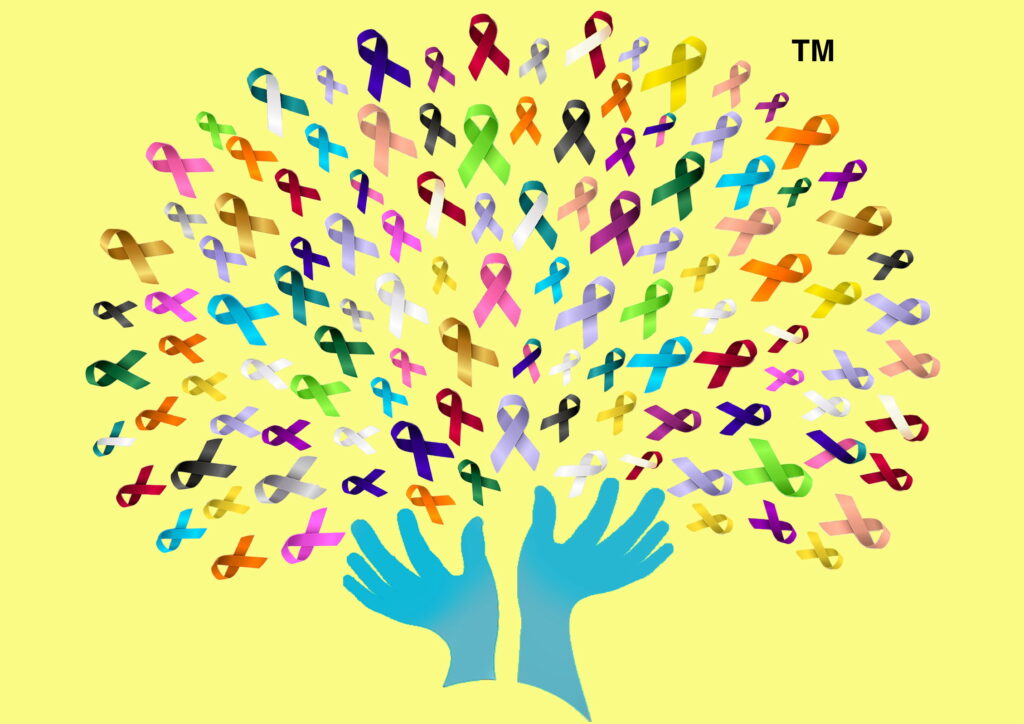Stomach cancer is a significant health issue worldwide, affecting many lives each year. Recognizing stomach cancer symptoms early can make a big difference in treatment outcomes. The sooner you notice unusual symptoms, the better your chances for effective treatment.
Globally, thousands of new stomach cancer cases emerge annually. In India, the challenge is greater, as people often discover the disease later, making treatment harder. Diagnosing early is tough because the signs might seem minor or mistaken for everyday health problems. Knowing what to look for and consulting a doctor right away if something feels off is crucial. This knowledge is key to catching it early.
Understanding the Elusive Signs: Why Stomach Cancer Symptoms Go Unnoticed
Early stomach cancer symptoms are tricky because they often appear like regular digestive problems. People frequently dismiss them as indigestion or stomach bugs. Because symptoms are vague, diagnosing early is challenging. Misunderstandings about what counts as significant can lead to delays. Feeling tired or having slight discomfort often gets ignored, but these could be early signs of stomach cancer. Recognizing even the smallest changes in your health and getting checked can prevent late-stage diagnosis.
Identifying Key Early Symptoms
Here are important early stomach cancer symptoms to watch for:
- Persistent heartburn and indigestion that don’t go away.
- Losing interest in food or feeling full too fast.
- Nausea and vomiting, particularly if there’s blood present.
- Discomfort or pain above your belly button.
- Losing weight without trying and feeling unusually tired.
It’s vital to note these symptoms and pay attention if they occur together. Sometimes, even stories from others can help.
Take Rita, for example. She thought her persistent heartburn was just from stress at work. But when she noticed she wasn’t enjoying her meals and was feeling tired all the time, she saw her doctor. Her vigilance helped catch her illness early.
Signs of Advanced Stomach Cancer
Advanced stomach cancer symptoms can be more severe:
- Swelling in your belly due to fluid build-up.
- Black or bloody stools, indicating bleeding.
- Vomiting blood or symptoms connected with jaundice.
- Feeling lumps in different parts of your body if the cancer has spread.
These signs suggest the disease has progressed. They may resemble other late-stage cancer indicators but are specific enough to warrant urgent medical attention.
When Should You Consult a Doctor?
You should consult a healthcare professional if you have persistent or unexplained symptoms. Knowing your family’s health history and risk factors is equally significant. Differentiating between minor issues and more severe stomach cancer symptoms can help in taking timely action. Always opt for a medical check-up when in doubt or when symptoms persist.
Risk Factors and Prevention: Lifestyle’s Role
Here’s who might be at higher risk for stomach cancer:
- Age factors, with older adults having greater risk.
- Diet plays a significant role, especially high salt intake or foods high in preservatives.
- Family history and genetic predispositions increase risk.
In India, it’s crucial to focus on how lifestyle choices impact health. The traditional Indian diet, rich in spices and vegetables, can be adjusted to include more fresh produce and less processed food to mitigate risk. Reducing smoking and limiting alcohol are also essential preventive steps that can make a substantial difference.
Navigating the Medical Pathway: Diagnosis and Treatment
Diagnosing stomach cancer involves several tests:
- Endoscopy lets doctors see the inside of the stomach.
- Imaging tests like scans show detailed pictures.
- Biopsies help confirm diagnoses by testing tissue samples.
Understanding the staging process is crucial. It helps doctors plan treatment and predict outcomes. In India, medical advancements have improved treatment options with surgery, chemotherapy, radiation, and new targeted therapies.
Holistic treatment options, including mental health support, are vital parts of the recovery journey, as addressing emotional wellbeing is crucial along with physical health.
Communicating Effectively with Healthcare Providers
To make medical visits more effective:
- Keep a clear symptom diary noting any changes and concerns.
- Ask relevant questions and express all worries openly.
- Effective communication ensures prompt action and better care.
Conclusion: Empowerment through Awareness
Being informed and vigilant about stomach cancer symptoms is essential. Early detection can truly save lives. Never ignore persistent or unusual symptoms. Prioritize your health by staying informed. Recognize these signs, understand your risks, and commit to regular check-ups. Awareness and proactive health care pave the way to better outcomes and empower you on your health journey.
Consult us today at Dr. Jaipal reddy oncology for expert guidance!

